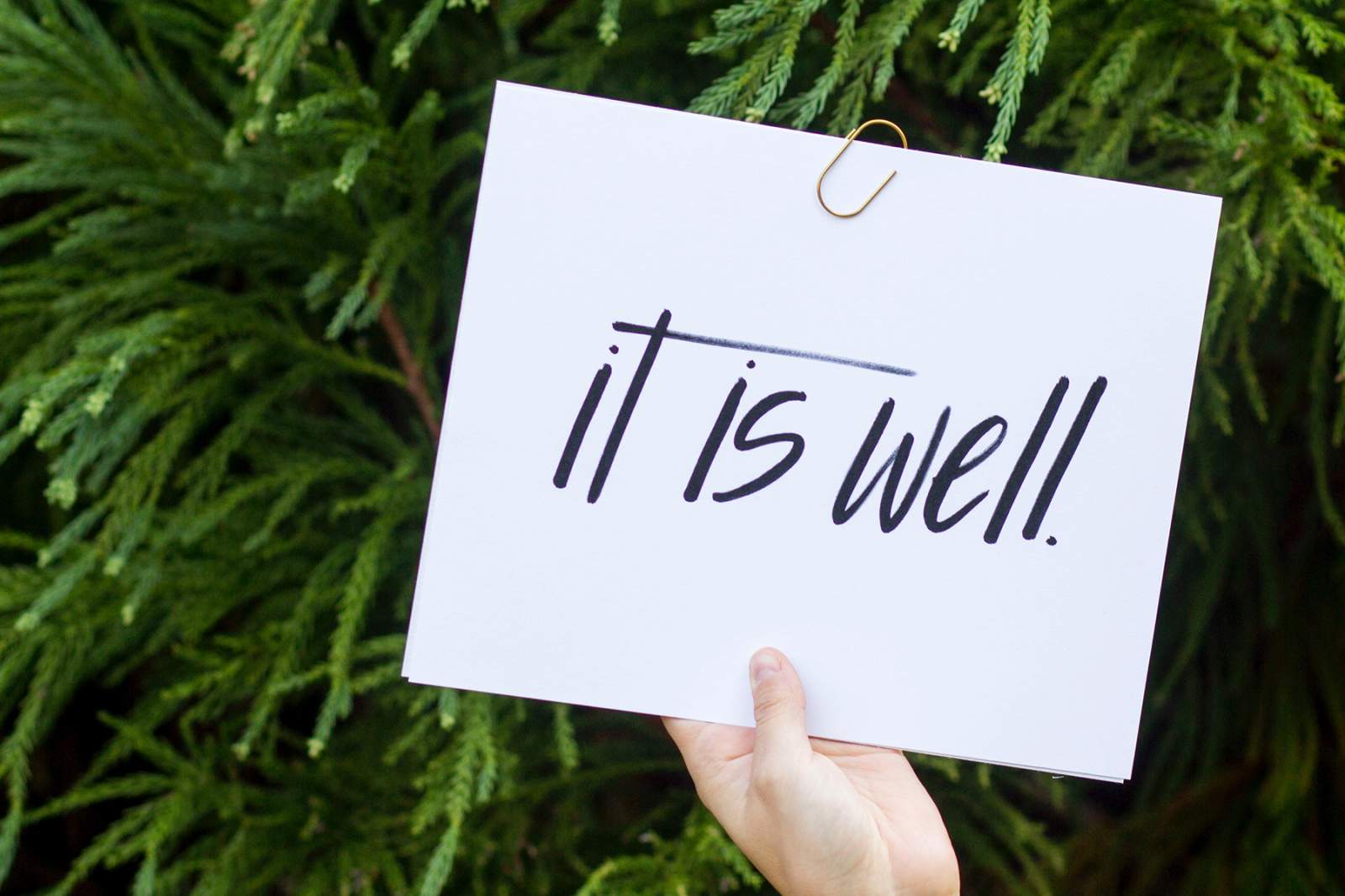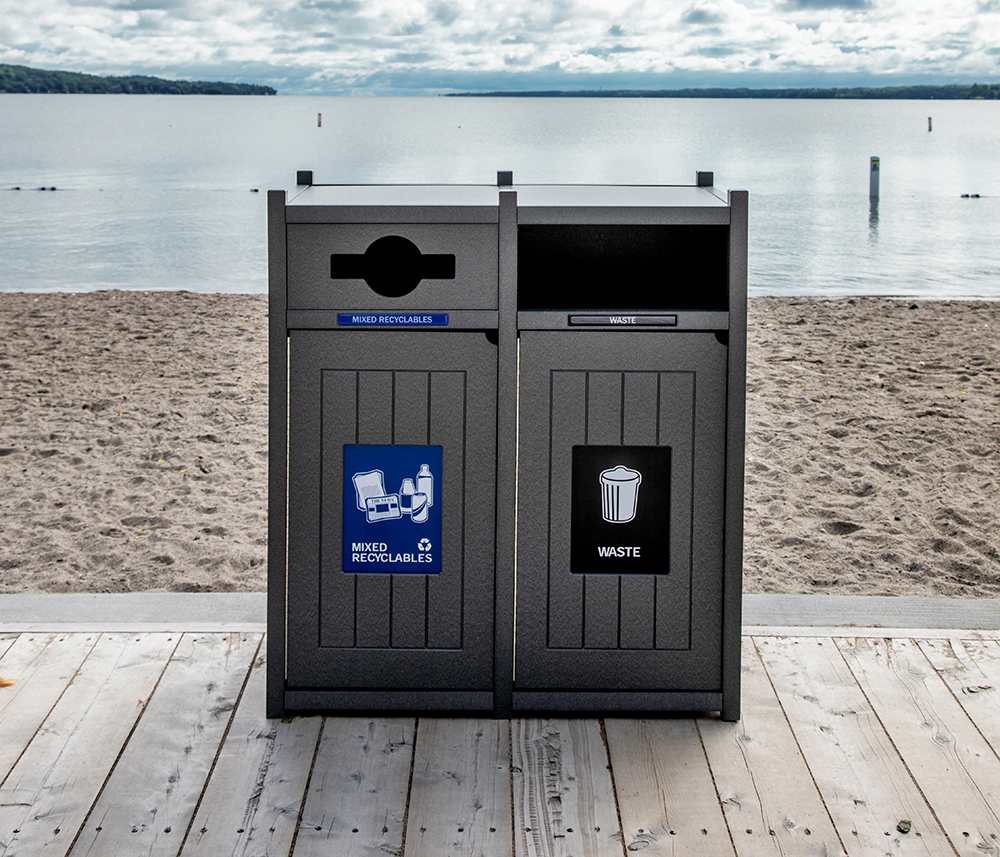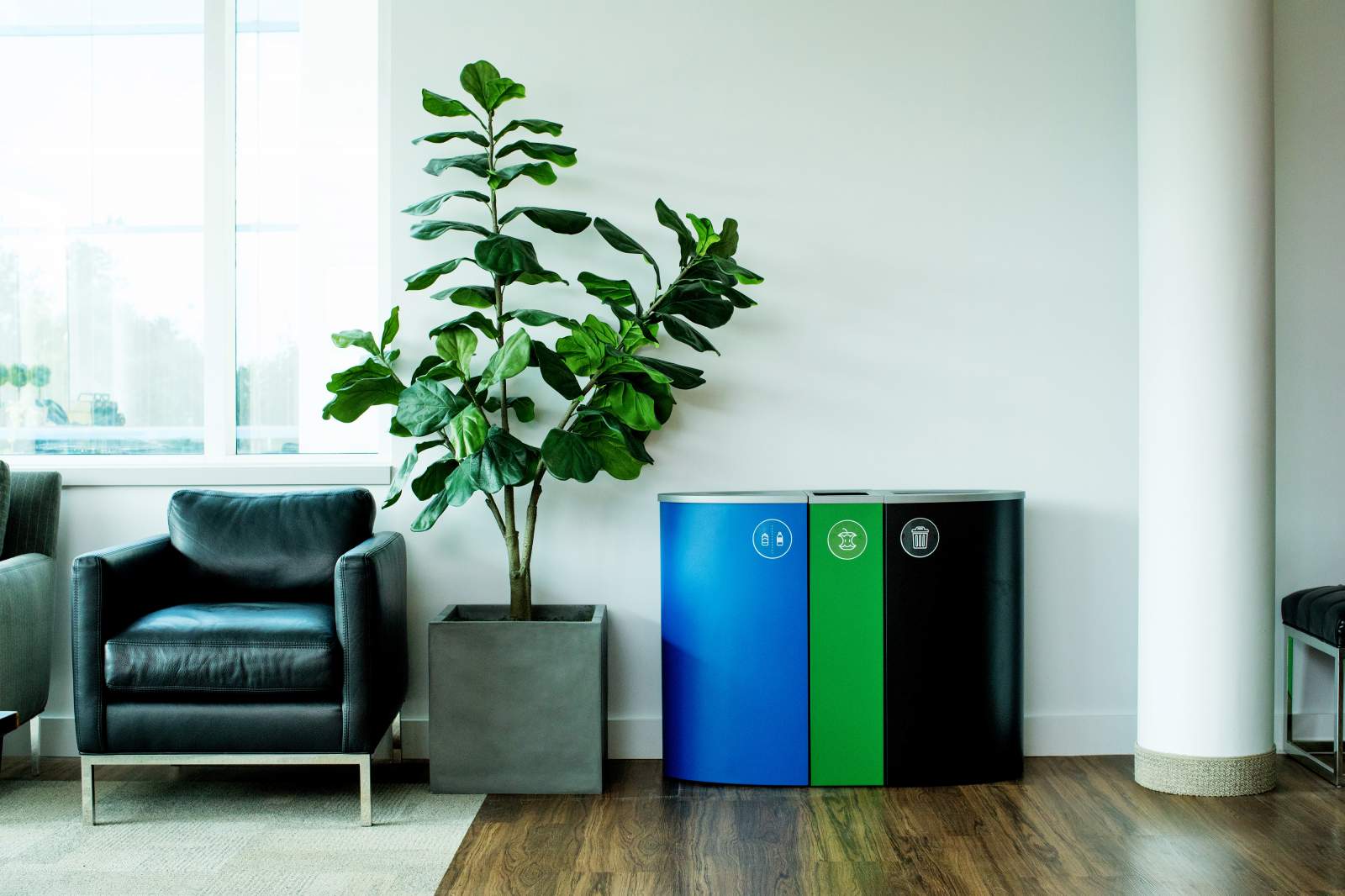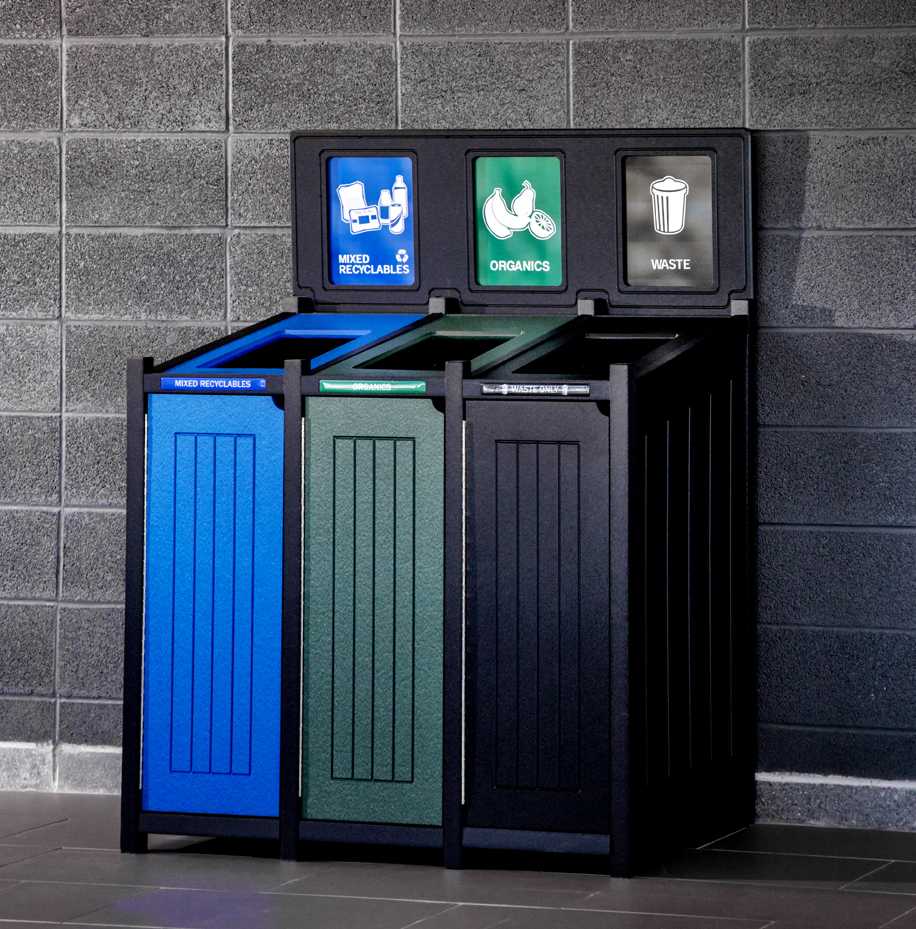It was a job interview that took place in 1998. A team of three interviewers were bombarding me with situation style questions. "What if the person behind me on the assembly line passed me a faulty product?" And on and on the questions came.
Near the end of the interview, the questions were turned around. And one of the questions that I still remember was, "What do you expect of us as a company?" Instantly the word integrity came out. "I would want you to show integrity." I wanted this job so badly; I had never had a full-time job in my life. For twenty years I had only worked in contract and seasonal work. I was 40 years old, with my 4 th child on the way. Yes, I wanted regular hours and a regular paycheck. But to work for a company with integrity was way more important. If I was going to pour my heart and soul into a company, I would want it to be respected in the community. When people would ask, "Where do you work," and you tell them, I wanted their response to be "I have only heard good things about the company."
There is so much more to a job than making the most profit at whatever cost, this has been the driving force for many companies for decades. I had never heard of the term Corporate Social Responsibility (CSR) until just a couple of years ago. Business Dictionary defines Corporate Social Responsibility as "A company's sense of responsibility towards the community and environment (both ecological and social) in which it operates. Companies express this citizenship (1) through their waste and pollution reduction processes, (2) by contributing educational and social programs.” To me, CSR incorporates integrity within the workplace, within the community and environmentally.
With the proliferation of the internet and social media, we are a society that is much more informed than any time in history. We read about environmental damage from some companies or subpar working conditions with companies that have global supply chains. We hear about unethical reputations and unfair labor practices. I am a Twitter guy, and pretty much every day I will read tweets and retweets on hot topics such as individual compan ies negative environmental record. I sign online community petitions for reputable organizations such as Care2, Sum Of Us, and Avaaz, knowing that even though I am one voice, when it is signed collectively with the signatures of hundreds of thousands or even millions of others, changes are made. Companies now are under the microscope. The public is now educated on how our food or products are produced. Though we should not believe everything we read on the internet, we can conduct our research. People want to do business with responsible companies. I am almost 60 years old and find there is a level of transparency nowadays that I have never seen before. This awareness and impact, for the most part, came about by the millennial generation. According to a Deloitte survey conducted in 2017, 70% of young millennials, (those born between 1977 and 2000), say a company's commitment to the community influences their decision to work there. If a company does not demonstrate Corporate Social Responsibility, there will not likely be very many millennials working there.
A 2016 Forbes article mentions by 2020, one in three Americans will be a millennial, and by 2025 millennials will comprise 75% of the workforce. I am finding where I am at right now as a baby boomer incredibly cool, in that pretty much the entire team I work with in Marketing here at Busch Systems are Millennials. They love me (the quiet, shy kid) and accept me for who I am. I love their values, energy, and team spirit. They are a driving force and highly engaged by what they set out to do. Being the most studied generation in history, Forbes mentions that millennials "Put an emphasis on corporate social responsibility, have a great reverence for the environment and place a higher worth on acquiring experiences than material things." And as a father of millennial children, there is a lot of truth there. As far as purchasing power goes, a Cone Communications study mentions that "Nine out of ten millennials would switch brands to a company that supports a certain cause and 87% would purchase a product with a social or environmental impact." For me, working with these millennials make me feel young, I feel like I am a millennial in a baby boomer body.
Forward-thinking companies are zeroing their focus on the values of the millennial generation and want to retain millennials as both workers and customers. These are the companies that are pulling themselves ahead of the competitors. Prioritizing Corporate Social Responsibilities is a win-win situation for a company, appealing to socially conscious consumers and employees, and making a positive difference in the world.
Here are four innovative points I have seen take place during my five-plus years at Busch Systems that have made a lasting impact on me:
Every company is required to adhere to labor laws that ensure a safe working environment. But companies that practice Corporate Social Responsibility go above and beyond. Busch Systems not only provides a safe work environment, but t hey also offer a place that is so warm and inviting to work for. Happy employees go about their work with more enthusiasm and are much more productive.
When we volunteer, we do good deeds without expecting anything in return. A few times each year Busch Systems will assemble teams of volunteer employees to work a shift at a local charity. Volunteer employees return to their regular jobs recharged knowing they have made an enormous difference in someone's life.
Philanthropy is a Greek term which directly translated means "love of mankind." Philanthropy can involve donating time but often consists of donating resources. From providing water wells in a village in Africa to providing generous donations to many local charities, Busch Systems dedicates their time to philanthropic efforts.
Every year I have been employed at Busch Systems I have witnessed a greater environmental focus. Over the past couple of years, energy-efficient motion sensitive lighting has been installed throughout our head office. In 2017, our very own Resource Center launched, which is free analytical software that allows you to track your diversion rate. This software is entirely free to the public and is used internally so we can keep track of our carbon footprint. Additionally, we have standardized all our recycling and waste containers and now run an organic waste stream. And earlier this year we have launched a home-grown charity initiative called Project RISE, which is an acronym for Responsible Initiatives Supporting the Environment. With any purchase, and at no extra cost to the customer, a Busch-Backed donation is offered to one of five carefully selected environmental charities that represent a different environmental focus.
In my 40 plus years of employment, I have witnessed and experienced a great deal in the working world, unfortunately, much of it in the negative. CSR is a breath of fresh air.
Sources
- http://www.academicstar.us/UploadFile/Picture/2014-6/201461410571606.pdf
- http://www.soulfulliving.com/corporatephilanthropy.htm
- https://www.businessnewsdaily.com/4679-corporate-social-responsibility.html
- http://www.conecomm.com/research-blog/2017-csr-study
- http://business.time.com/2012/05/28/why-companies-can-no-longer-afford-to-ignore-their-social-responsibilities/
- http://www.care2.com/
- https://www.forbes.com/sites/workday/2016/05/05/workforce-2020-what-you-need-to-know-now/#6b360cb82d63
- http://www.care2.com/
Did you find this Page helpful?
